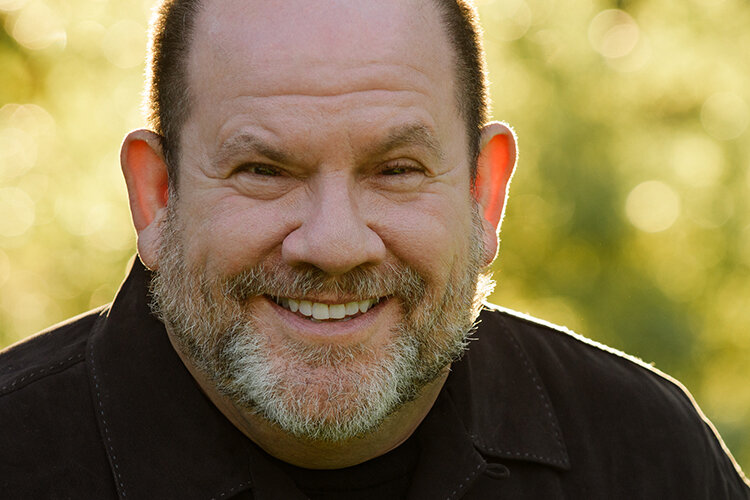UNCOVERING THE CLUES TO A GOOD MATCH
Editor’s note: The following is an excerpted and adapted chapter from the book Wired for Dating: How Understanding Neurobiology and Attachment Style Can Help You Find Your Ideal Mate by Stan Tatkin, PsyD, MFT.
Uncovering the Clues to a Good Match
by Dr. Stan Tatkin
Sherlock Holmes, the nineteenth-century fictional detective, achieved such notoriety that his name is now a common noun in the dictionary. That’s convenient, because I’m going to ask you to become a sherlock on your dates. As a sherlock, you can apply a psychobiological approach to help you learn more about your potential partner.
In the initial screening phase, you check a potential partner for basic appropriateness. We discussed this using the example of Milo, whose fog of infatuation was so dense he failed to determine that Kathy was unlikely to be a good match. It would not have taken much sleuthing for Milo to see that she was not interested in a serious relationship. Like the initial phase, the phase of ongoing assessment is something you can do yourself. This phase involves becoming a sherlock, and as such, is much more involved than the initial screening. The second phase is deeper vetting done by family and friends. You may think of the second aspect as the true vetting process, but I don’t want you to minimize the amount of evaluation you can perform yourself while dating. Don’t forget that the first person in the vetting hierarchy is you. Others can help and even save you with their more distant perspective, but you are the one with boots on the ground. Bottom line: when you apply a psychobiological approach, you have a lot more information at your fingertips. Here, I will show you how to obtain that information as well as how to put it to good use on a date.
Become a Sherlock
As a sherlock, you can gather a wealth of information about your partner. Speaking about the average person, the original Sherlock famously said, “You see, but you do not observe. The distinction is clear.” Even though we commonly use these two verbs interchangeably, observing is a more involved process. Seeing is simply the automatic function of a healthy eye. Observing, however, is a process that requires a fully operational brain. As a sherlock, your power of observation includes more than sight: bringing your other senses to bear, as well as your verbal abilities, allows you to get more complete information. You notice details you would otherwise miss—perhaps details that other people might dismiss as inconsequential. Moreover, you can ask appropriate questions to find out more and to fill in the blanks.
Sherlock Holmes was known for his sharp use of deductive reasoning to make the most of his observations, and you, too, can put the information you gather to good use by applying Sherlockian logic. By that, I mean you can use this information as part of the process of evaluating a potential partner. In this way, you can balance the impetuous impulses of your primitives with a more disciplined evaluation.
There are other benefits to becoming a sherlock, as well. For one, focusing outward on your partner saves you from appearing to be navel gazing on a date. Self-obsession is a turn-off. Moreover, sherlocking is a mindful activity. As such, its effect on you is very similar to that of close attention to your own internal experience. Both have a calming effect on your nervous system. Perhaps most importantly, careful attention to your partner helps him or her feel appreciated and valued and secure in your presence. Everyone likes to be the center of attention. It feels good.
I should say at this point that if your potential partner gets the impression you are investigating, interrogating, or otherwise intruding on him or her, this will likely be your last date. Nobody likes to feel as if he or she is being looked at under a microscope. Unfortunately, many people come on too strong on their first dates, only to lose the other person’s interest.
So, bottom line: don’t overdo it. Your job is to pick up as much information as you can without appearing as though you’re doing that. Remember to keep relaxing your body and letting go of muscle tension; this will help you come across as interested, engaged, open, and inviting. Which, after all, is what you really are. Right?
Stan Tatkin, PsyD, MFT, is a clinician, researcher, and teacher with a clinical practice in Calabasas, CA.

